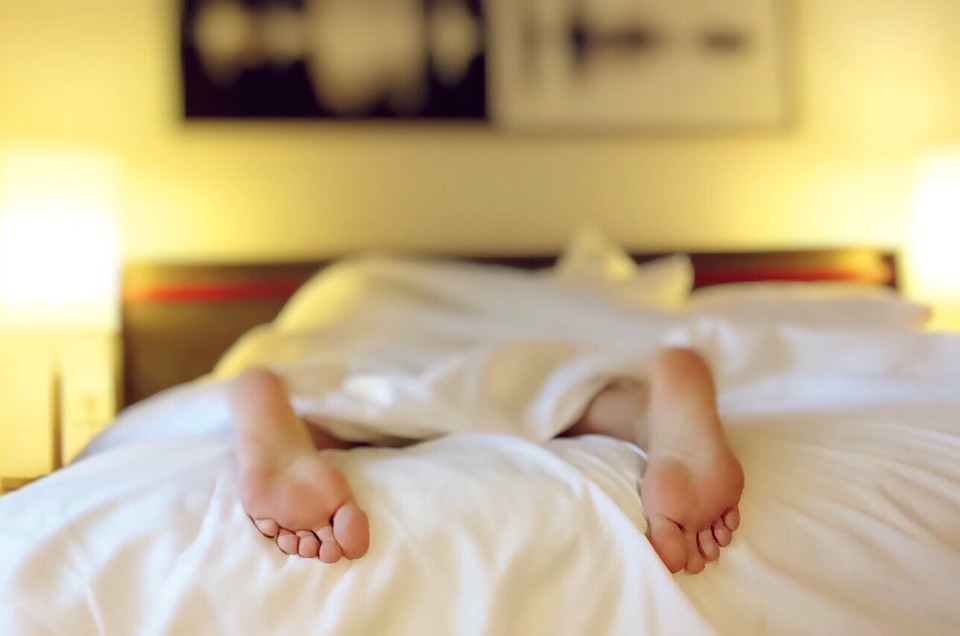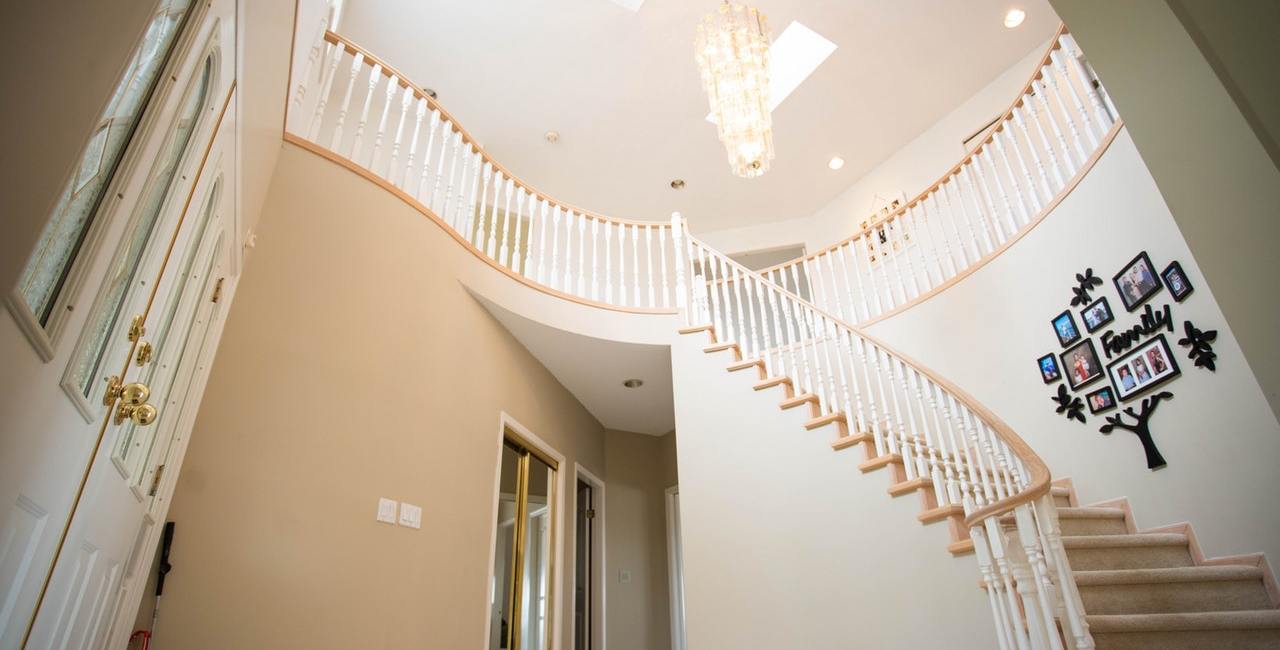Sleep deprivation is not an uncommon concern, especially among older people. Some will say that it’s natural to expect that you will sleep less as you get older, or that you don’t need as much sleep. However, if you’re having trouble sleeping and it’s affecting your quality of life, you should always talk to a doctor about it. Not only because there may be solutions, but because those sleep problems may be the sign of a deeper health issue that you will want to treat.
Heartburn
One common issue for a lot of people, often caused by diet, weight issues, and sometimes medication, is heartburn. If you are prone to heartburn, then it can worsen when you’re lying down. Cutting down on fatty foods and alcohol can help, but you might want to look at if you experience GERD, which can lead to spitting up bile while sleeping, a very unpleasant and potentially dangerous occasion.
Heart health issues
As we get older, our chances of experiencing chronic heart health issues increase, which is why it’s increasingly important to make sure that you’re implementing heart-healthy habits into your life, such as minding what you eat and trying to be more active. If you are awakening at night and experiencing chest pain, then you should talk to your doctor and have your heart health checked, as this could be a sign of heart disease or heart failure.
Diabetes
Similarly, your chances of developing diabetes increase a lot f as you get older. When your body has trouble regulating its own blood sugar, then you can experience a range of sleeping problems. You might find yourself sweating a lot more at night or you may find yourself getting up to urinate a lot more often. If you experience any of the symptoms of low blood sugar alongside these mentioned signs, it’s time to talk to the doctor.
Sleep apnea
Sleep apnea is a sleep disorder that happens because your breathing stops and starts at night, which can result in disturbances that can wake you up or reduce the quality of your sleep. The doctors at Becker ENT & Allergy can check for the physical causes of sleep apnea to see if any of them are affecting you. If you find yourself waking up at night, especially if you feel short of breath, you should get this checked out ASAP.
Mind your mental health, too
There are a host of mental health disorders that can also play a role in interrupting your sleep at night. People who experience stress or anxiety disorders are likely to have trouble falling asleep or staying asleep. This is especially true of those who experience panic attacks, which can strike at night often, and can even wake you from sleep. Seeking help is crucial if your mental health is interfering with your physical health, too.
Pay attention to the other symptoms you experience, either at night or as you wake up. If any of the above sounds familiar, then you should make an appointment with your doctor.






